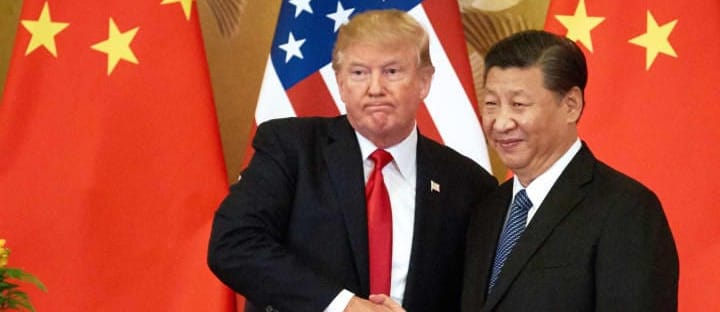Potential Trump Presidency Could Challenge China's Economic Stability Amid Tariff Threats
Experts suggest that if Trump follows through with his proposed 60% tariff on Chinese goods, it could pose a significant downside growth risk for China
In light of recent discussions surrounding a potential Trump presidency, concerns are growing over the impact of increased tariffs on China's economy. Experts suggest that if Trump follows through with his proposed 60% tariff on Chinese goods, it could pose a significant downside growth risk for China, primarily through channels of uncertainty and tightening financial conditions rather than direct trade impacts.
Currently, exports stand out as a major bright spot in the Chinese economy. However, with escalating tariff narratives not only from the US but also from other major trading partners, the sustainability of export-driven growth is in question. Chinese policymakers are advised to shift their focus toward boosting domestic demand and exploring more persistent and sustainable growth drivers.
Extensive research indicates that a 60% tariff could exert substantial pressure on China's economy, similar to the effects observed during the 2018-2019 trade tensions. The Chinese yuan (RMB), which is currently trading at 7.2592 offshore, might face depreciation pressures under such a high tariff regime. However, the situation today is markedly different from 2019, with concerns over capital outflows potentially limiting the extent of currency depreciation.
Despite these challenges, Chinese exports remain highly competitive, bolstered by a prolonged period of negative producer price index (PPI) compared to high inflation in other countries. This competitiveness suggests that a dramatic devaluation of the RMB may not be necessary to offset the impact of higher tariffs.
In conclusion, while the Chinese yuan is expected to weaken, it is unlikely to experience the same degree of depreciation as seen in 2019. The current economic landscape necessitates a balanced approach from Chinese policymakers to navigate the complexities of potential tariffs and ensure economic stability.






